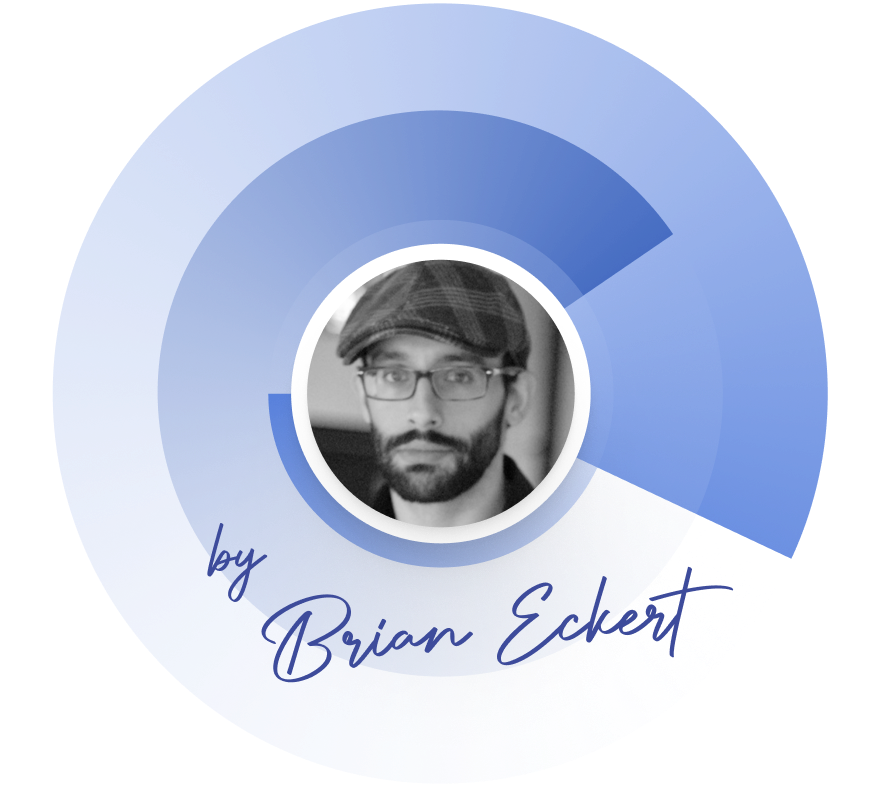I’m Mert Can Boyar, founder of Compliance Detective, where we gamify privacy and AI compliance to make training more engaging and impactful. I also lead the Privacy Innovation Lab at Istanbul Bilgi University, where I’ve developed innovative ways to teach privacy and AI governance to a diverse range of stakeholders, from legal professionals to tech teams.
In this post, I’ll share some of the methods I’ve learned over the years and explain why employee upskilling in privacy and AI compliance is crucial. I’ll also show how creative, gamified approaches can transform traditional training into something that truly resonates.
The imperative of upskilling in privacy and AI
As the regulatory landscape grows increasingly complex with new EU regulations like the AI Act, Data Governance Act (DGA), Digital Services Act (DSA), and the ePrivacy Regulation, organizations must ensure their workforce is not only aware but deeply knowledgeable about these frameworks. The demand for skilled employees to navigate this web of laws and emerging technologies has never been higher.
The EU AI Act, particularly Article 4 on AI literacy, underscores the critical need for companies to educate their employees. This education must consider their technical proficiency, industry experience, and the context in which AI systems are applied. It’s clear that regulators expect more than surface-level compliance; they are calling for a workforce capable of understanding and managing AI systems responsibly.
A recent Microsoft report revealed that 82% of business leaders believe their employees need new skills to adapt to AI technology developments. The stakes are high—organizations need a proactive, well-informed team capable of navigating the evolving compliance landscape.
The pitfalls of current training methods
Despite the importance of employee training, many companies still rely on outdated, one-way learning modules that fail to engage or inspire. According to the National Training Laboratories, retention rates skyrocket to 75% through hands-on learning compared to just 5% from lectures. Yet, many organizations continue to treat compliance training as a checkbox exercise, leaving employees disengaged and underprepared.
The result? A workforce that struggles to internalize the importance of compliance, risking the company’s legal standing and ethical integrity.
What needs to change?
Organizations tend to fall into two categories: those that view compliance training as a box-ticking exercise and those striving to build a robust culture of privacy and compliance. The latter approach, while more challenging, offers significant long-term benefits. But it requires time, effort, and a creative mindset.
To truly embed compliance into an organization's DNA, training must go beyond passive learning. Gartner recommends role-based refresher training that incorporates gamification, scenario-based role-playing, and interactive communication. This approach not only improves understanding but also makes learning enjoyable and memorable.
McKinsey emphasizes the need for interdisciplinary collaboration between legal, technical, and business teams. A "tech trust team" ensures a holistic understanding of risks from multiple angles. However, building these teams requires specialized training, which can be time-consuming and costly.
Learning from cybersecurity’s playbook
The cybersecurity field offers a compelling model for how to reimagine compliance training. Capture The Flag (CTF) competitions, for example, have long been used to teach complex concepts through hands-on challenges, offering an engaging way to build real-world skills.
Experiential learning is a game-changer. A University of Michigan study found that students engaged in experiential learning reported a 94% increase in engagement. The compliance world has yet to fully embrace this, but the potential is enormous.
Practical solutions for upskilling
CTF Challenges: Borrow from cybersecurity's CTF model by developing privacy-focused challenges. These can engage employees in solving realistic scenarios that build critical thinking and decision-making skills.
Make It an Event: Turn compliance training into an event. Host engaging interactive webinars, invite expert speakers, or organize team discussions around the latest AI or privacy developments. Creating a learning culture through events promotes active participation.
Gamify Learning: Use game-based learning methods such as quizzes, competitions, or even escape room challenges. Awarding badges or prizes can increase motivation and foster a sense of accomplishment.
Simulations and Stress Tests: Create simulations where employees must make quick, informed decisions in privacy or AI-related situations. This method fosters creativity, problem-solving, and adaptability—skills that are crucial for modern compliance challenges.
The Creative Privacy Framework
The Creative Privacy Framework brings innovation into the heart of compliance training by infusing creativity into privacy education. Instead of relying on traditional, passive methods, this approach leverages storytelling, games, music, and other creative expressions to teach core privacy values in a way that captivates attention. By offering out-of-the-box experiences, creative privacy helps participants think about privacy in new, engaging ways that make the learning process memorable and impactful.
This framework isn't just about introducing art or creative projects into compliance. It's about pushing the boundaries of approaching privacy challenges using creativity to unlock solutions to complex problems. By making privacy training an interactive experience, companies can engage employees in a way that fosters real understanding, moving beyond the stale lecture model to something dynamic and hands-on.
Introducing the Creative Privacy Framework in action

This is where Compliance Detective shines. As a practical application of the Creative Privacy Framework, our platform brings together legal, technical, and management teams to collaborate in engaging, game-based workshops. These sessions are designed to build the skills employees need to responsibly navigate AI systems and data privacy, while making the training process enjoyable.
We believe that training shouldn’t just be a mandatory session—it should be an opportunity to truly grasp the importance of privacy and ethical AI use. Through immersive, hands-on scenarios, participants experience the decision-making pressures and real-world challenges of compliance in a way that builds not just knowledge, but practical skill. This isn’t just about checking boxes; it’s about building a future-ready workforce equipped to handle the evolving complexities of privacy and AI governance.
- Real-World Scenarios: Participants are placed in realistic situations where they must navigate privacy or AI compliance challenges, making critical decisions in real time. By simulating these high-stakes environments, they gain muscle memory for future problem-solving.
- Experiential Learning: Just like in cybersecurity, experiential learning in privacy and AI fosters automatic, well-practiced responses. Our privacy escape rooms, interactive workshops, and compliance competitions ensure that when real compliance issues arise, teams are prepared.
- Adaptable and Dynamic Training: Privacy threats don’t follow a script, so why should your training? Our creative approach forces participants to adapt, think critically, and collaborate—all skills that are essential in today's fast-evolving compliance landscape.
By implementing the Creative Privacy Framework, organizations can revolutionize how they approach privacy training, transforming it into an engaging, hands-on experience that builds genuine understanding and a strong compliance culture.
Conclusion
It’s clear that traditional training methods often fall short. Embracing creative and gamified approaches can make a real difference, turning compliance training into an engaging and meaningful experience for your team.
I'd be happy to connect if you’re interested in discussing how these innovative methods could benefit your organization. Please feel free to reach out and schedule a time on my calendar to explore how we can make compliance training more fun and impactful together!

.svg)


















